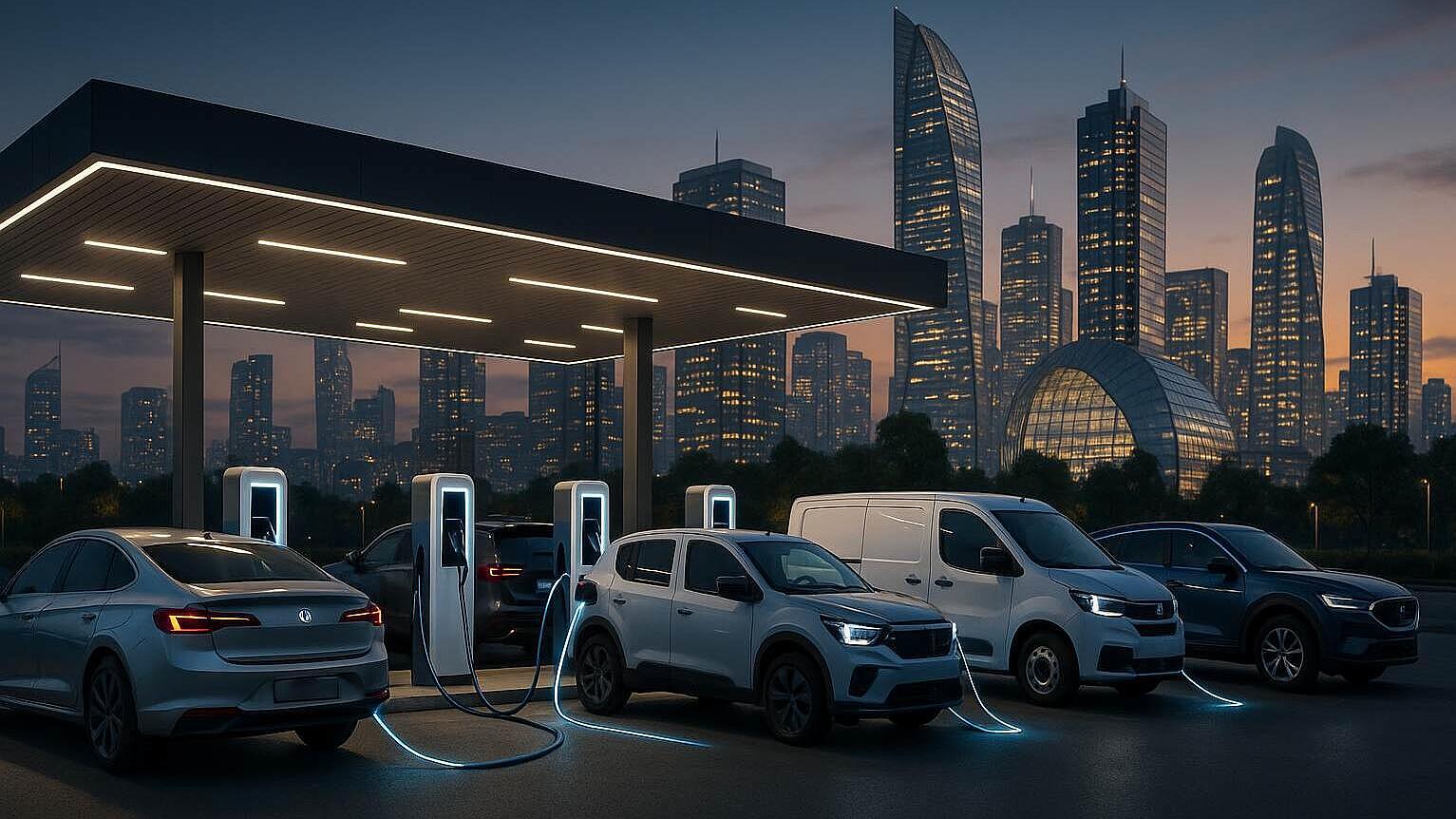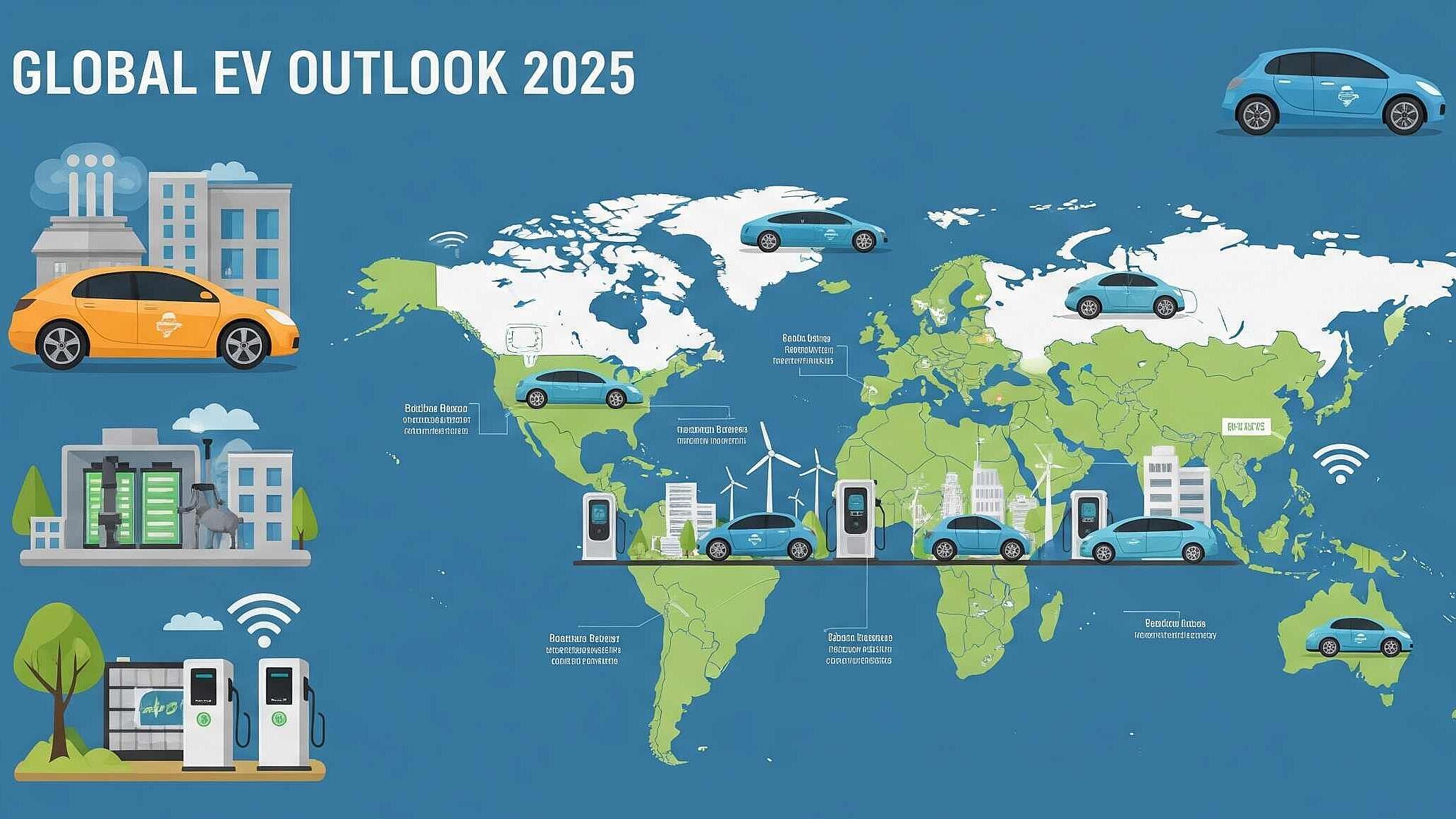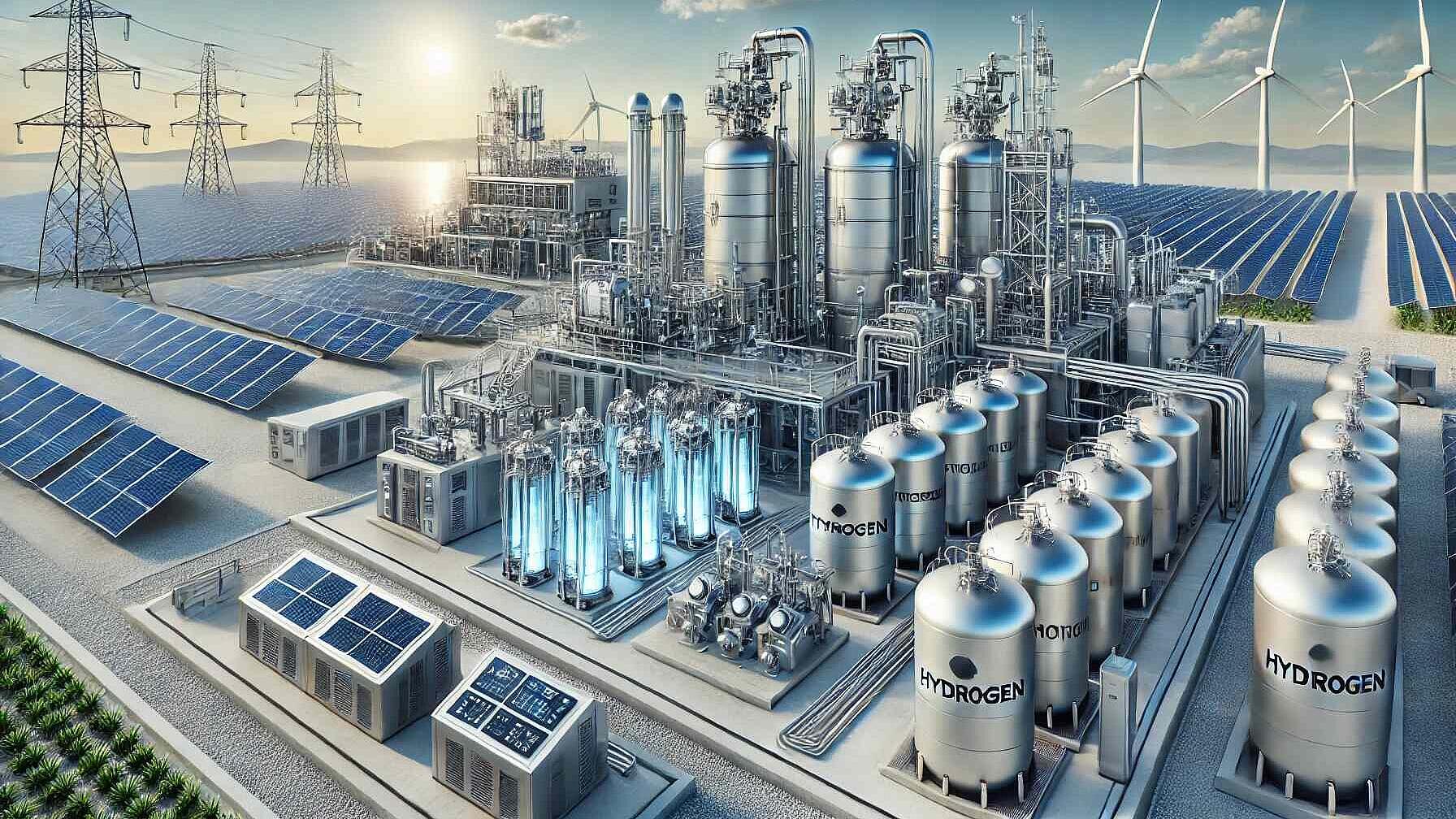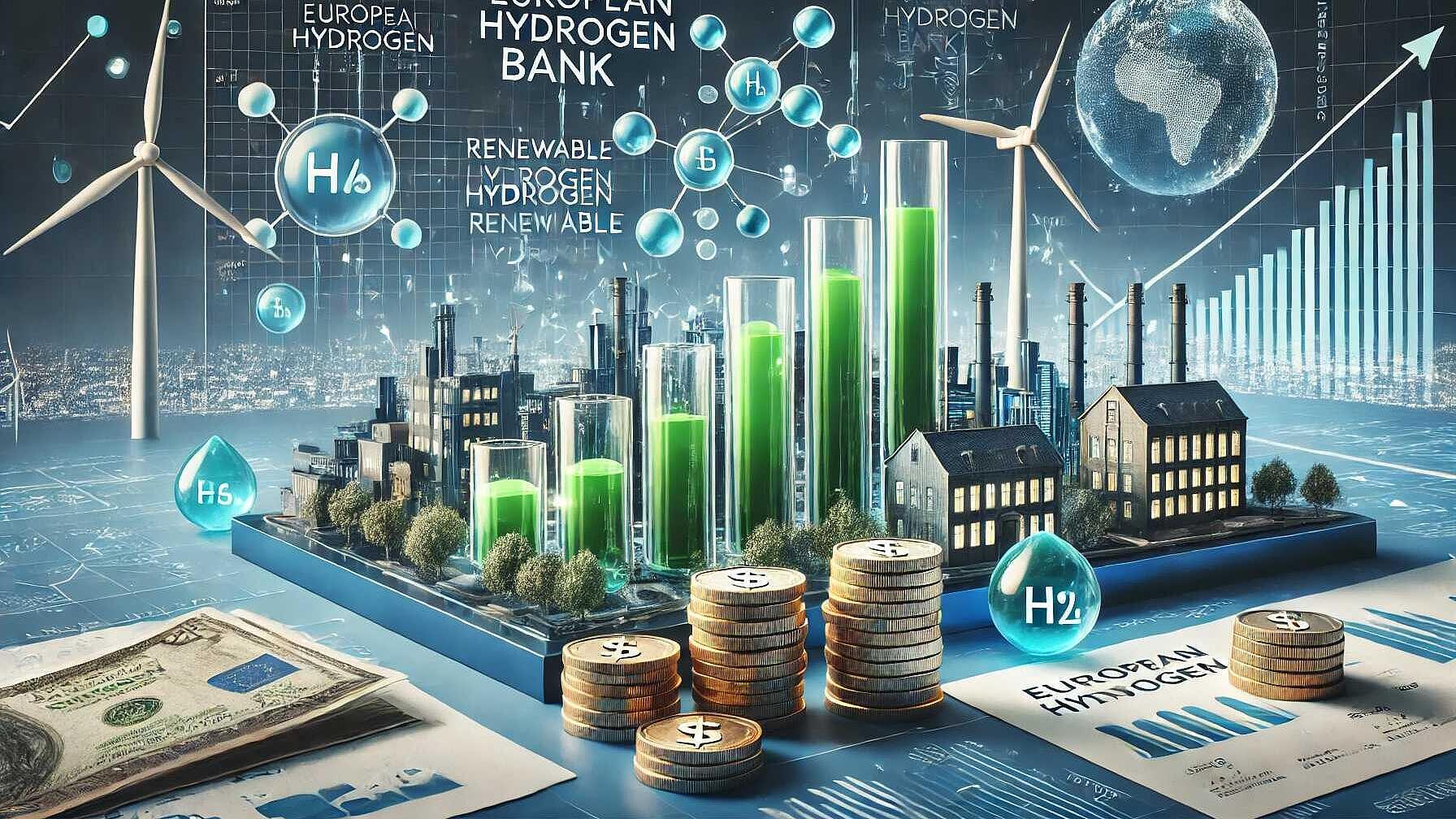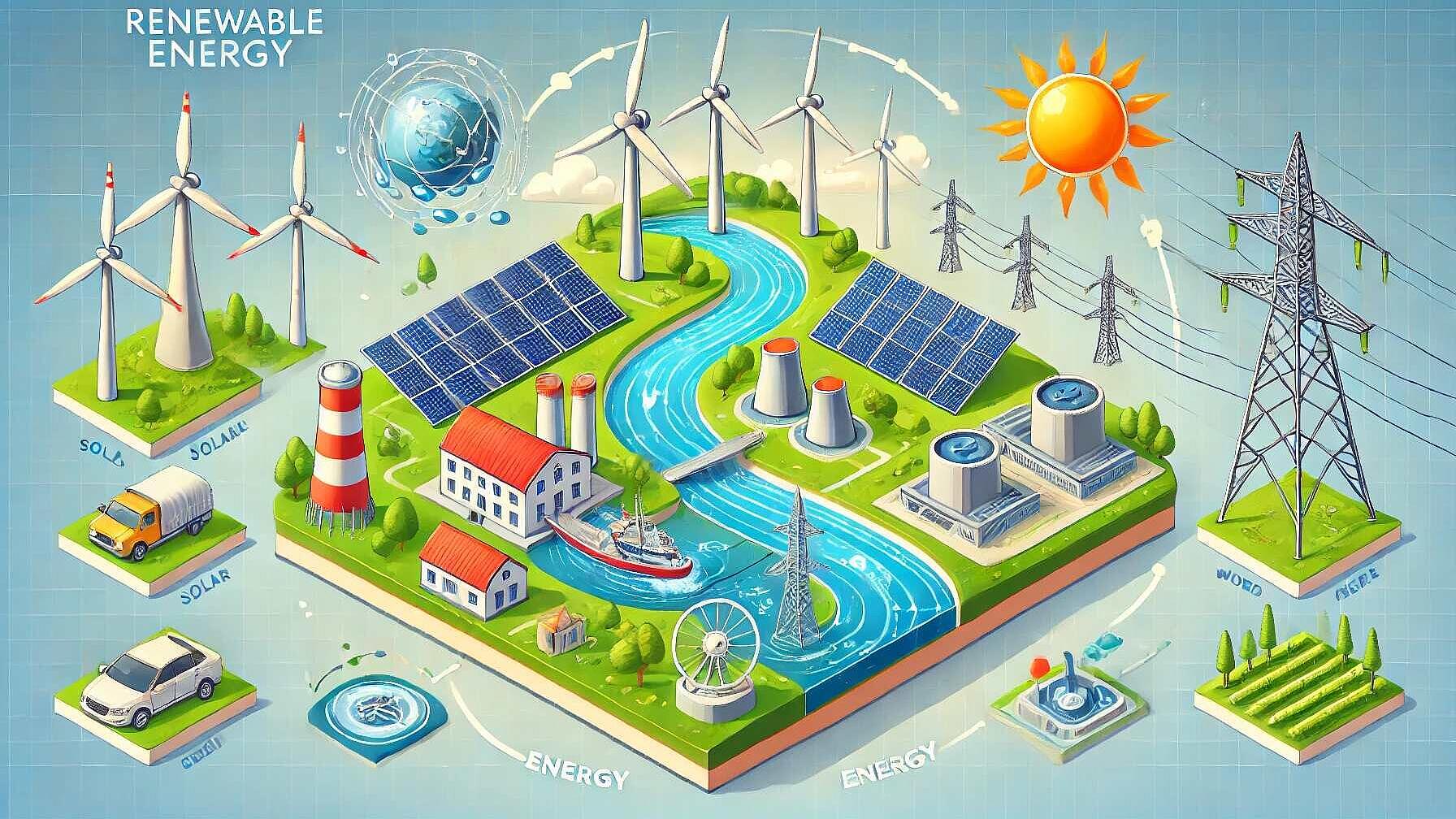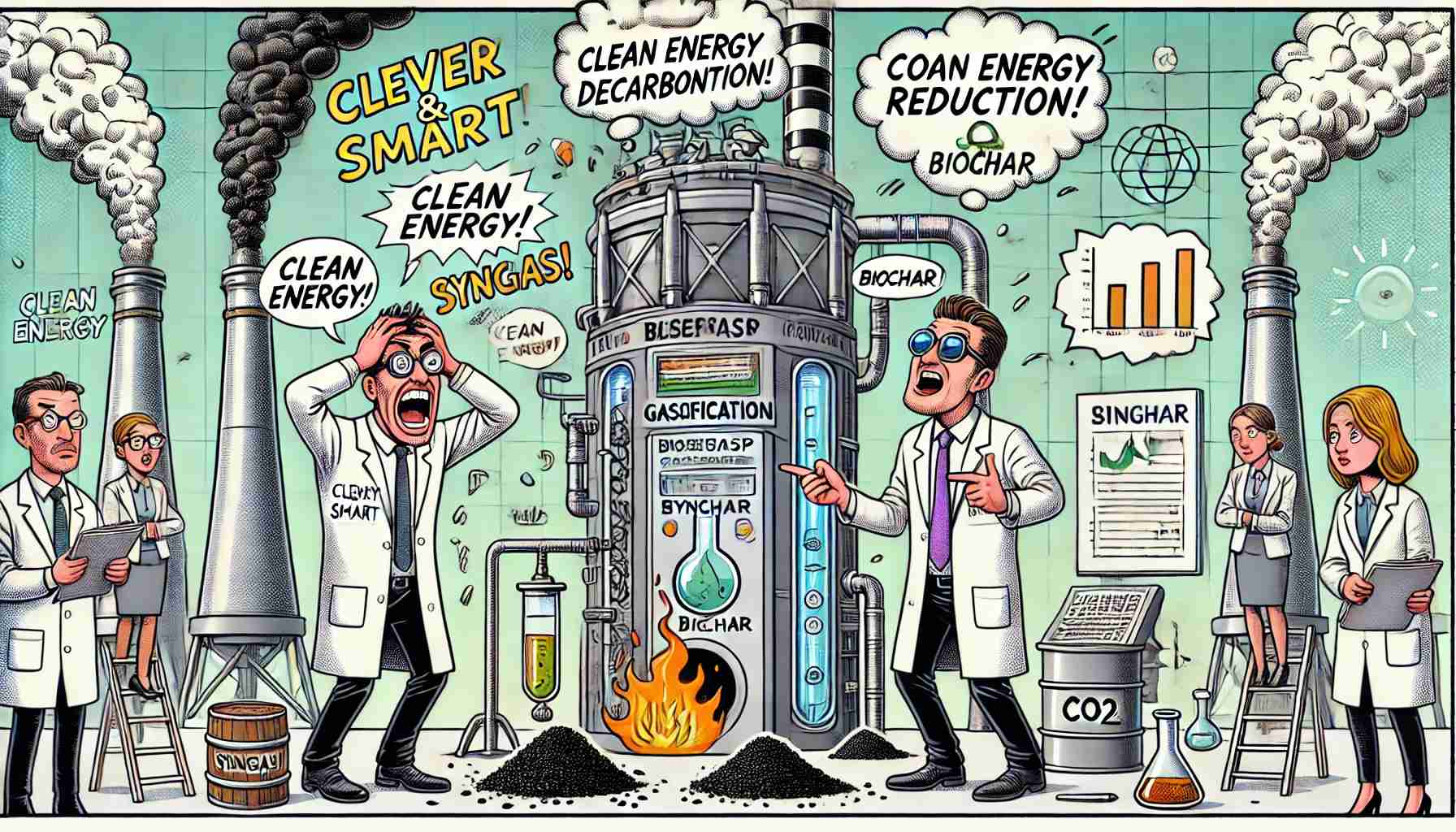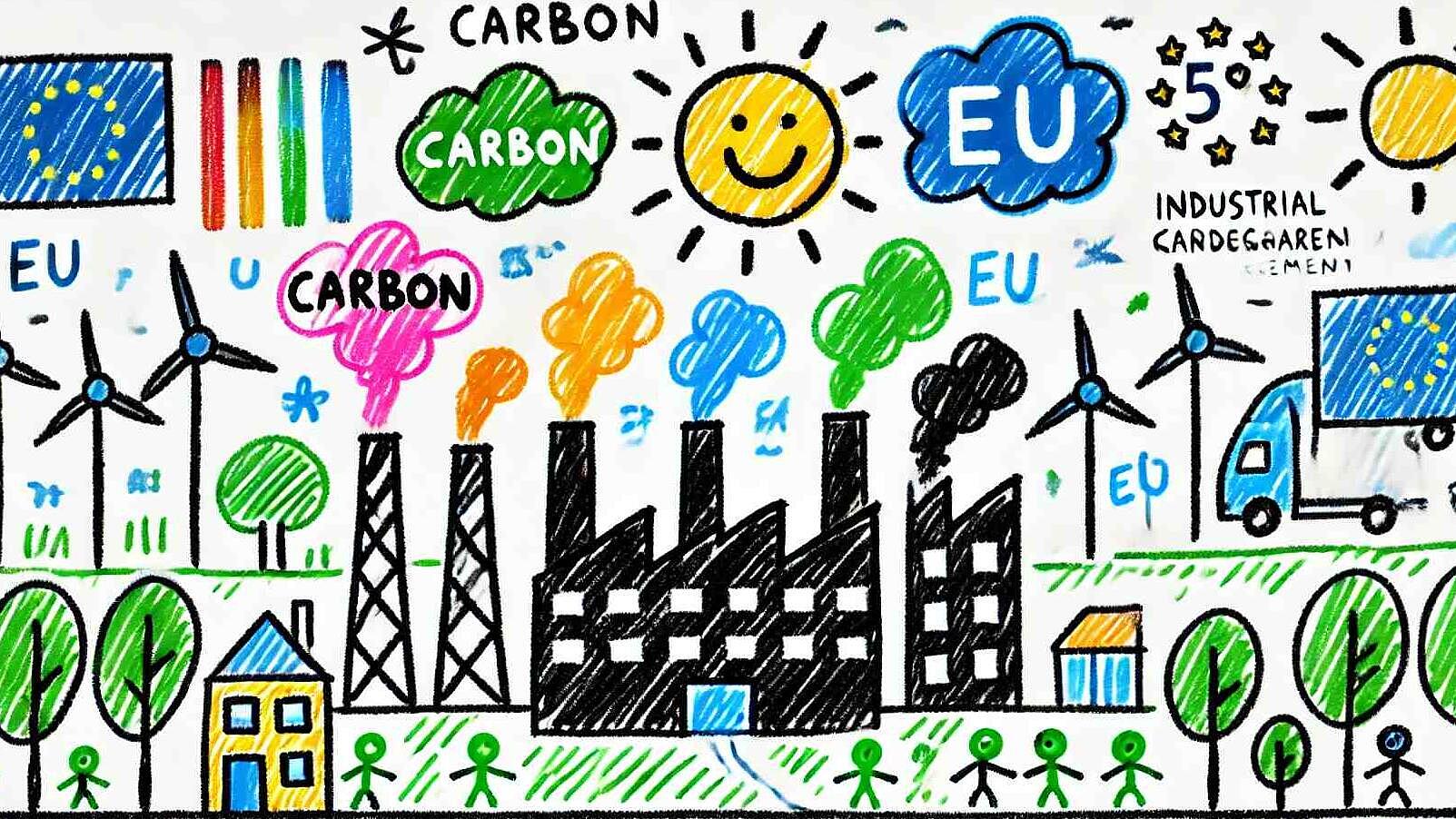 Renewable Energy
Renewable EnergyRenewable Energy
Charging Ahead: How Electric Vehicles Are Powering a Sustainable Future for the Next Generation of Innovators
The paper discusses the significant growth in the adoption of electric vehicles (EVs), fueled by technological innovation, environmental concerns, and supportive government policies. In 2024, EVs are expected to represent one in five cars sold globally, with China, Europe, and North America leading the market expansion. The cost of EV batteries has decreased substantially, enhancing the accessibility of EVs. Challenges such as charging infrastructure, particularly in less urban areas, and consumer range anxiety persist. Technological advancements are at the forefront of the EV revolution, with developments in battery technology like solid-state batteries promising longer ranges and faster charging times. The EV ecosystem is becoming smarter with ultra-fast charging stations and Vehicle-to-Grid technology, which enables energy feedback into the grid. AI and IoT are improving the functionality and user experience with predictive maintenance and optimized charging strategies. The paper emphasizes that the shift to EVs is crucial in combating climate change by reducing greenhouse gas emissions from the transportation sector. The adaptation is transforming industries, forcing changes in supply chains, and creating new employment opportunities. The broader impacts include potential societal benefits such as quieter cities and reduced health costs from improved air quality. Finally, the paper calls on young professionals and students to engage with the electric mobility sector, highlighting the potential for careers that contribute to sustainability, technological innovation, and the creation of equitable transportation solutions. The electric revolution represents a substantial shift in our energy infrastructure and urban planning, requiring a new wave of innovation and leadership.
Read Full article3 ways AI can support energy management
There are several ways that AI can be used to support energy management. The field of AI for energy efficiency is an active area of research and development, and new applications are being discovered all the time.
Read Full articleEV Revolution: Transforming Global Mobility Through Innovation and Accessibility
In 2024, global electric vehicle (EV) sales exceeded 17 million, a significant increase from 2020 totals. China's electric car sales hit 11 million, driving affordability and adoption worldwide. Battery cost reductions and technological advancements improved EV competitiveness, while the expansion of charging infrastructure supported the growing EV market. Electric commercial transport also gained momentum, with electric trucks becoming more economically feasible. Projections suggest EVs will continue to grow, reaching substantial market shares globally by 2030.
Read Full articlePowering the Future: A Comprehensive Look at Hydrogen Production Methods
The paper provides an analysis of 19 hydrogen production methods, focusing on efficiency, cost, and environmental sustainability. It identifies the efficiency of fossil fuel reforming and the high environmental impact of non-renewable sources. Renewable methods are more sustainable but less developed. Hybrid approaches offer balanced results while further innovation is needed for truly sustainable hydrogen production.
Read Full articleBoosting the Hydrogen Revolution: The Role of a European Hydrogen Bank
The EU aims to produce and import 20 million tonnes of renewable hydrogen by 2030 to achieve climate targets. The European Hydrogen Bank, integral to REPowerEU, supports this via subsidies and market integration. Investments in hydrogen technologies foster innovation, job creation, and international cooperation, enhancing energy security and global leadership in clean energy transitions.
Read Full articleThe Power of Renewables: A New Era in Clean Energy
The global energy landscape is shifting towards renewables, with wind and solar as the fastest-growing sources. Innovation in efficiency, storage, and smart grids are driving this transformation. Despite challenges like grid integration and policy development, renewable energy is pivotal for job creation, energy independence, and fighting climate change, offering diverse career opportunities.
Read Full articleHop into a Green Easter: Renewables, Efficiency, and Energy Savings!
Easter influences electricity markets, with household energy use rising, industrial consumption dropping, and the UK setting record-low carbon intensity levels due to high renewable energy contributions during the holiday. Seasonal solar energy benefits and energy efficiency practices at homes and industries enhance sustainability.
Read Full articleBiomass Gasification: A Key to Decarbonizing Energy-Intensive Industries
The EU project CORALIS explores biomass gasification's techno-economic feasibility for decarbonizing energy-intensive industries, highlighting its potential with syngas and biochar production as fossil fuel alternatives. Larger-scale operations demonstrate better economic returns, with significant positive impacts on industrial decarbonization efforts.
Read Full articleQuiz Your Way to Energy Mastery! Discover, Learn, and Win with EnerWhizz
EnerWhizz is a mobile quiz game designed to teach players about energy efficiency and renewable energy in an engaging and competitive format, offering rewards, multilingual support, and opportunities for global competition.
Read Full articleHarnessing Carbon: Europe's Ambitious Plan for Industrial Carbon Management
The EU's industrial carbon management strategy aims for climate neutrality by 2050, targeting innovations in carbon capture and utilization (CCU), carbon capture and storage (CCS), and CO2 transport through a 19,000 km network. This transformative approach, fostering a carbon value chain, could generate €45-€100 billion and create 75,000-170,000 jobs by 2030, while positioning the EU as a global leader in carbon management technologies. The strategy emphasizes investment, R&D, public engagement, international cooperation, and regulatory development.
Read Full article